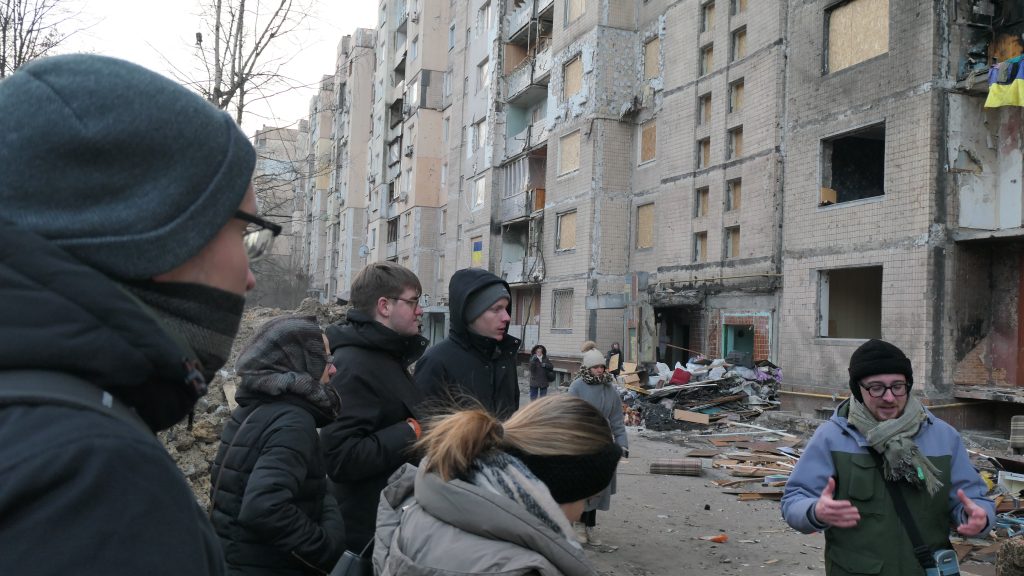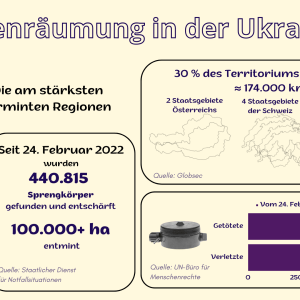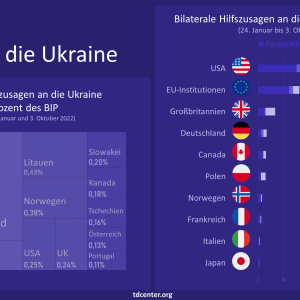As the new year unfolds, the Transatlantic Dialogue Center continues arranging visits for German policymakers to Ukraine to help them learn about the current situation in the country and the opportunities for support and cooperation with governmental and civil society structures. In early January, TDC, in close cooperation with the German think-tank Zentrum Liberale Moderne, welcomed a delegation of Bundestag staff members representing MPs from leading German parties and various Bundestag committees.
On the first day, the delegation participants traveled to the Kyiv region, where local authorities showcased the sites of blatant war crimes committed by Russian troops in Bucha and Irpin, recounting stories of the region’s revival and rebuilding.

Following the Kyiv region visit, German guests were invited to participate in a Stammtisch meeting, where they had an opportunity to exchange ideas with renowned German and Ukrainian scientists and analysts.
The agenda for the second day focused mainly on Ukraine’s path to the EU and NATO, the country’s reconstruction efforts, and human rights issues. The delegation met with advisors to the Deputy Prime Minister for European and Euro-Atlantic Integration, discussing the main steps, challenges, and prospects of Ukraine’s accession to the EU and NATO. Later, during a round table discussion with Ukrainian NGOs, they gained insights into the perspective and role of Ukrainian civil society in this process. Additionally, representatives of the Institute of Analytics and Advocacy, Better Regulation Delivery Office, and RISE Ukraine shared their views on reconstruction efforts and recent developments in this realm, including the latest tool for managing reconstruction projects, DREAM (Digital Reconstruction Ecosystem for Accountable Management).

The dialogue with Ukrainian civil society continued with a round table on human rights. During the exchange with representatives of Ukraine’s leading human rights and justice NGOs, topics such as difference between Ukraine’s war-related legislation in 2014 and 2022, ecocide, prisoners of war were covered. The German participants also addressed the issues of approaching collaborators on the occupied territories and deported children.
As part of the visit, the delegation arrived at the site of one of the most recent attacks on Kyiv and had a unique opportunity to talk to local volunteers who were helping people clear the rubble and meet their immediate needs after the shelling.


The day concluded with a dinner with representatives from the Kyiv offices of the Friedrich Naumann Foundation and Konrad Adenauer Foundation.
On the last day, the German delegation met the representatives of the Secretariat of the Ukrainian Parliament Commissioner for Human Rights. The delegation learned about the work of the Ukrainian Ombudsman and his office, focusing on the current situation related to severe violations of human rights by the Russian military and government. Special attention was given to the issue of deported children, prisoners of war, IDPs, and cooperation with international institutions such as ICRC and OSCE.

The agenda for the last day of the visit also included a meeting with the representatives of the Ministry of Defense of Ukraine, where they discussed the current situation at the frontline, Ukraine’s biggest challenges and needs in the confrontation with the Russian Federation, goals and expectations for 2024, and prospects of cooperation between Ukraine and Germany.
The delegation participants also visited the Ukrainian Parliament, where they had a productive exchange with Ukrainian MPs from the Committee on Energy and Committee on Ukraine’s into the European Union. The discussion revolved around the topics of EU and NATO integration of Ukraine, rebuilding efforts and plans, the possibility of launching the election process in war conditions, and concrete steps of support needed from Europe’s side.

The visit concluded with a meeting with the German Ambassador to Ukraine, Martin Jäger, who shared his views on the latest massive attacks on Ukraine’s territory committed by Russia in late December 2023, the situation on the frontline, the possibility of intensified mobilization in Ukraine, the prospects of the confrontation, and Germany’s current support of Ukraine compared to the beginning of the full-scale invasion. They also discussed Ukraine’s most immediate military needs, the potential influence of the upcoming elections in the US on Western support of Ukraine, and reconstruction.
This visit was another demonstration of our partners’ commitment to continue support for Ukraine’s government and people in these times of unrest. The Transatlantic Dialogue Center extends its gratitude to Zentrum Liberale Moderne for co-organizing this visit, and we also thank our German and Ukrainian partners for their active involvement.


